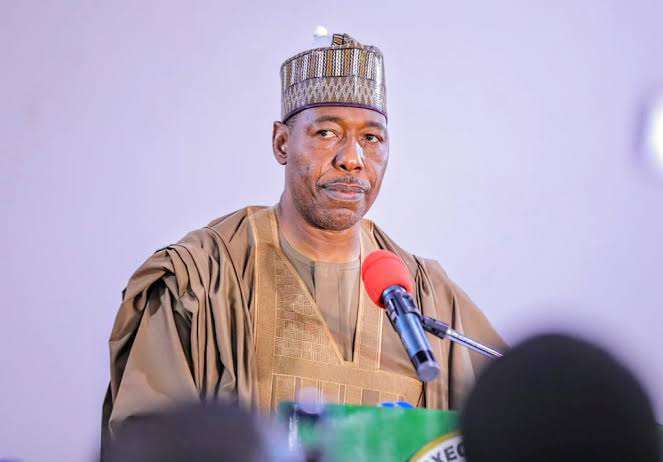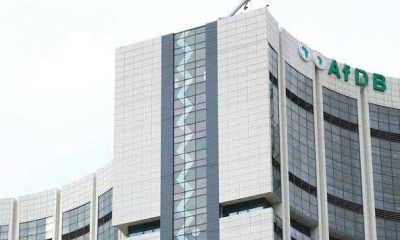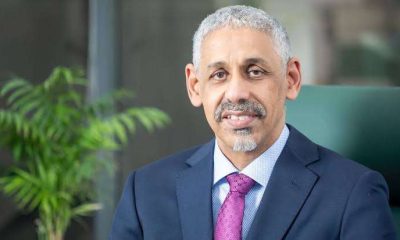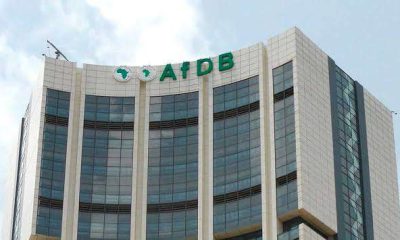Business
AfDB, ICRC partner with Borno State to boost access to safe water in Maiduguri

The African Development Bank (AfDB) and the International Committee of the Red Cross (ICRC) have launched a new partnership with the Borno State Government to expand inclusive and resilient water services in Maiduguri, amid growing population pressure and climate challenges.
The partnership was unveiled at a high-level roundtable in Maiduguri on September 10, coinciding with the first anniversary of last year’s devastating floods triggered by the collapse of the Alau Dam, which severely impacted Maiduguri and Jere.
Maiduguri’s population more than doubled between 2006 and 2021 and is projected to exceed 2.5 million by 2030, placing immense strain on water infrastructure. Current public systems meet only part of the demand, leaving many households dependent on unsafe and costly alternatives, especially affecting women and children.
The roundtable drew senior representatives from the Federal Ministry of Water Resources and Sanitation, AfDB, ICRC, World Bank, Agence Française de Développement, UN agencies, diplomats, and technical experts.
Borno State Secretary to the Government, Mallam Bukar Tijani, reaffirmed the state’s commitment to ensuring universal access to safe and affordable water.
“Ensuring that every citizen, regardless of location or socio-economic status, has access to safe and affordable water is a top priority for Borno State. We are committed to working with the Federal Government, AfDB, ICRC, and other partners to close the gap through technology, expertise, and sustainable financing,” Tijani said.
Dr. Abdul Kamara, AfDB’s Director General for Nigeria, noted that water services are central to peace and resilience.
“Water, resilience, and peace are deeply interconnected. Through strong partnerships with the Nigerian government and institutions like the ICRC, we are helping northern Nigeria move from recurring crises to a future of stability and sustainable development,” he said.
ICRC’s Head of Delegation in Nigeria, Doris El Doueihy, stressed the need to blend humanitarian and development responses:
“The humanitarian–development link is not just a concept; it is a lifeline. We must meet urgent needs while investing in long-term resilience to prevent future crises.”
The Federal Government, represented by Joseph Terlumun Babarinde Segun Mukaila, Director of Water Supply and Support Services, highlighted the National Action Plan to revitalise water, sanitation, and hygiene services nationwide, warning that the sector remains highly vulnerable to climate impacts.
The AfDB has invested more than $805 million in Nigeria’s water and sanitation projects over the past decade, reaching at least 8 million people. In Borno State alone, 1.6 million residents have benefited from AfDB programmes, including 417 interventions in Maiduguri.
The meeting concluded with a commitment from the Borno State Government to set up a steering committee to drive implementation, with the Maiduguri Urban Water Supply Masterplan adopted as the guiding framework. Stakeholders agreed that ensuring reliable and affordable water for Maiduguri is essential for public health, resilience, and lasting peace in Nigeria’s northeast.








